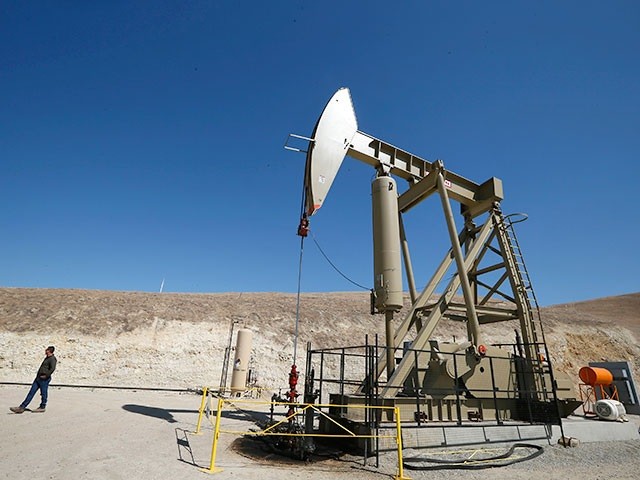Tehran, Iran, November 28
By Mehdi Sepahvand –- Trend:
British Petroleum is going to sell its share of Rhum gas field on the edge of the British North Sea to North Sea producer Serica Energy, raising concerns in Iran over the fate of the operation of the field to which a subsidiary of the National Iranian Oil Company (NIOC) is party.
The sensitivity of the issue is due to the fact that BP used to hold a certificate for operation in the field from the United States Treasury’s sanctions enforcement arm - the Office of Foreign Asset Control (OFAC), allowing U.S. nationals and companies to take part in the field’s operations. The future of Serica’s operation now is subject to question.
John Roberts, the director of strategy and chief analyst at Natural Gas Europe, told Trend that the juxtaposition of Serica and NIOC could be the main subject of inquiries after BP hands the field over.
"I would assume that BP is selling its share in Rhum as part of a larger process of disengaging from limited North Sea opportunities in order to concentrate on bigger projects. Rhum may thus be a further example of an opportunity for a smaller company, Serica, to come in and try to operate the field on a much leaner basis."
"I would presume that NIOC, as partner, would have significant rights in determining whether or not Serica's plans make practical and commercial sense. Apart from that, I don’t think there is either much role for NIOC to play, or much impact on NIOC. The real question is what are Serica’s thoughts about having NIOC as a partner in light of the fact that it will have to take NIOC interests into account."
Reuters has called the future of Rhum potential litmus test for U.S. policy towards Iran. The deal hinges on the British company receiving a license from U.S. sanctions enforcement authorities at a time when President Donald Trump is flexing his muscles against Tehran.
For BP and its American Chief Executive Bob Dudley, selling Rhum, which BP discovered in the 1970s, removes a potential source of friction as it mends its ties with the U.S. government following the deadly 2010 Deepwater Horizon spill in the Gulf of Mexico.
Rhum was shut down for most of the first half of the decade due to western sanctions on Tehran before resuming normal operations in 2016 following a landmark nuclear deal between Iran and the world’s top powers.
Because of the Iranian involvement, BP needs a license from OFAC. The license was renewed in September, a month before Trump sought to reverse the U.S. position on the nuclear deal with Iran. Serica will apply for its own license in the coming months, Tony Craven Walker, Serica’s executive chairman has said.
BP, founded more than a century ago as the Anglo-Persian oil company, will lobby the British government to lend its support in requesting the U.S. administration to grant the license to Serica, according to a source at BP.
Though not a prerequisite to operate the field, the license is needed as a back-up in case of an emergency that requires U.S. equipment and companies, Walker said.
Serica board member Jeffrey Harris, a U.S. citizen, has stepped down in order to guarantee it does not violate U.S. sanctions still in place that ban Americans from dealing with Iran.
Serica and its partner, Iranian Oil Company, plan to renew drilling of a third well at the Rhum field next year.
After being forced to shut down in 2010 when Western nations imposed sanctions on Tehran over its nuclear program, Rhum resumed production in 2013 when Britain agreed to set up a temporary management scheme whereby all revenue due to Tehran would be held until sanctions were lifted.
Following the removal of European Union and United Nations sanctions on Iran in January 2016, the temporary management scheme ceased but BP still obtained an OFAC license.






